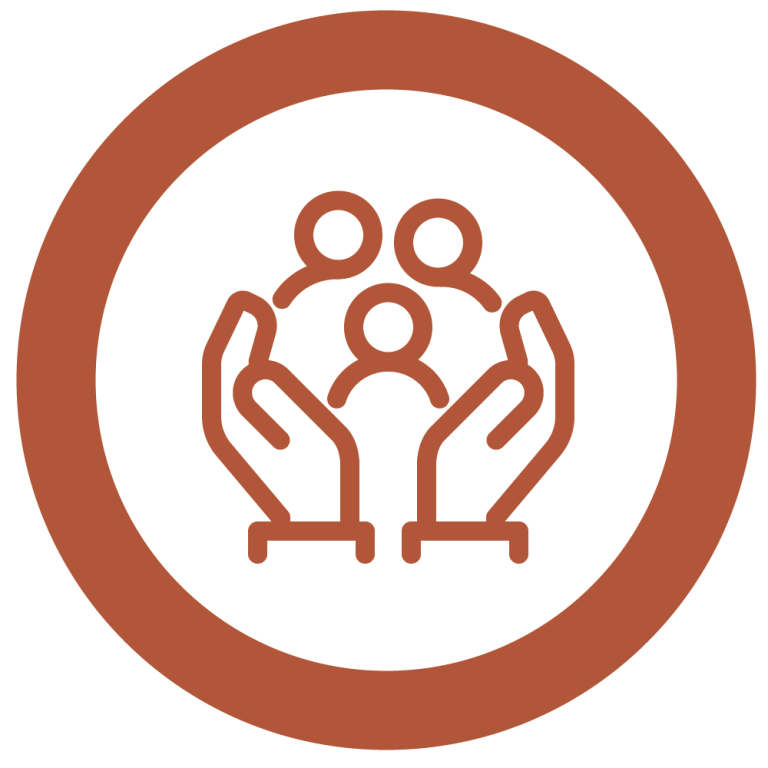Menu

At BCCOHP, we are committed to ensuring patients and the public in BC have access to safe oral health care delivered by competent professionals. Anti-discrimination and health equity are an area of strategic focus outlined in our 2024-27 Strategic Plan.
Not everyone in BC experiences the health system the same way. Differences in access to care, information, and support can lead to unequal health outcomes. Health equity means ensuring everyone has a fair opportunity to achieve their best health.
As a health regulator, we work to protect the public from discrimination and promote equity by identifying and removing systemic barriers in health care.
Additionally, we recognize that trauma—whether individual, collective, intergenerational, or systemic—impacts how people experience health care and regulation. We work to integrate trauma-informed and trauma-responsive approaches into the ways we regulate.
Guided by our 2024–27 Strategic Plan, we embed anti-discrimination measures across our policies, processes, and governance. This includes a commitment to human rights and preventing discrimination based on race, gender identity, disability, and other protected grounds.
Our dedicated work on Indigenous cultural safety and reconciliation is a key part of our broader commitment to equity and justice. Learn more >>
At BCCOHP, we are taking meaningful and measurable action to embed anti-discrimination, equity, and reconciliation (ADER) into all aspects of our work. We are committed to building a regulatory system that is equitable, culturally safe and responsive, and free of discrimination.
Not everyone in BC experiences the health system the same way. Differences in access to care, information, and support can lead to unequal health outcomes. Health equity means ensuring everyone has a fair opportunity to achieve their best health.
The ADER Project aligns with the mandates of the Health Professions and Occupations Act (HPOA), which emphasizes the importance of safeguarding the public from harm and discrimination. This includes implementing specific anti-discrimination measures in regulatory oversight and health service provision, with a particular focus on eliminating Indigenous-specific racism and prioritizing Indigenous rights within BCCOHP’s regulatory framework and health programs.
We aim to:
As part of our commitment to health equity, BCCOHP runs a research program to obtain insights from patients and members of the public: the Voice of the Oral Health Patient. Use the interactive tools below to explore our research insights:
Oral Health Equity Dashboard >>
Note: the values in the dashboard are an average of the data points year on year.
This research helps us better understand the diverse experiences and barriers faced by the public as it relates oral health care in BC. We are committed to using these findings to improve access to safe, competent care that promotes equitable outcomes for all.
Consistent with sections 14 and 15 of the Health Professions and Occupations Act and with provincial and federal human rights legislation, BCCOHP is committed to preventing and eliminating discrimination on the basis of race, colour, ancestry, place of origin, political belief, religion, marital status, family status, physical or mental disability, sex, sexual orientation, gender identity or expression, and age.
In alignment with these obligations and our strategic commitment to health equity, we are integrating anti-discrimination and equity measures across all areas of our regulatory work by:
This work reflects BCCOHP’s strategic focus on eliminating harm, advancing equity, and ensuring that all individuals can access safe, inclusive oral health care. Discrimination—whether direct or systemic—undermines public trust, causes real harm, and contributes to inequitable outcomes. Addressing it is central to our mandate to regulate in the public interest.